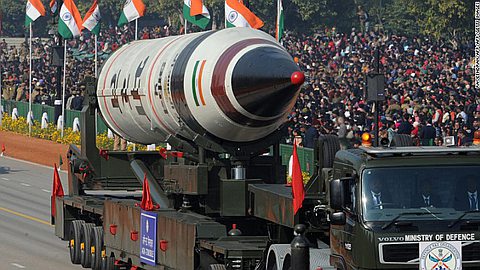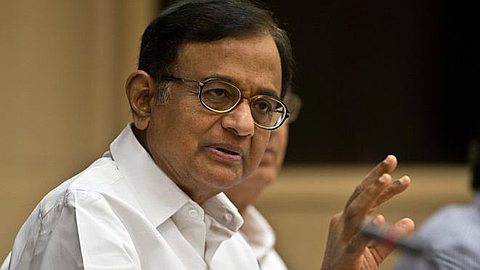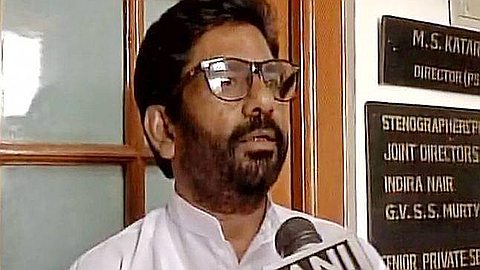Apple and Xiaomi’s Race to Smartphone Dominance in India

On Monday, Chinese smartphone upstart Xiaomi announced that it is teaming with Taiwan-based manufacturer Foxconn to start assembling handsets in India. Xiaomi’s Redmi 2 Prime, an India-specific upgrade to its Redmi 2 budget smartphone, will be manufactured at a Foxconn plant in Andhra Pradesh in southern India. Both Xiaomi and Foxconn declined to disclose how much was being invested in the initiative, or what the production capacity would be.
“Manufacturing smartphones locally is a significant step towards incorporating Xiaomi into the fabric of India in the years to come,” Hugo Barra, vice president of Xiaomi Global (and a former Google Android executive), said in a statement.
Xiaomi appears to be taking advantage of dipping into a fresh market with potential new customers. Though the tech giant shipped more devices in China than any other smartphone maker during the second quarter of 2015, China’s smartphone market has begun showing signs of saturation. To snag first-time smartphone buyers, Xiaomi has had to look beyond the borders of its own country. It already sells its low-cost phones in India and Brazil. But a manufacturing presence in India would undoubtedly help Xiaomi gain a stronger foothold by allowing it to handle inventory more efficiently and reduce shipping lead times.
But Xiaomi’s push into India is also likely to be met with some skepticism. The company has long faced concerns in India over its Chinese roots, with some worried that the Chinese government will snoop on the Internet services that Xiaomi phones provide to consumers.
Room to Grow
Apple—the world’s most valuable company and the one to which Xiaomi is often compared—is also making a concerted effort to grab a bigger piece of the Indian market. According to Reuters, Apple recently stepped up its efforts in the country, launching a TV ad campaign, expanding its retail network, and promoting financing options for potential customers.
Historically, Apple has made it less of a priority to have a big presence in India, where consumers overall typically have less spending power than, say, China. But during its most recent quarter, Apple booked a 93 percent increase in iPhone sales in the country, outpacing growth in China for the first time. Seeing as Apple has reportedly grabbed only 2 percent of India’s smartphone market share, there’s a lot of potential for growth—plus a strong incentive to find new markets, given that the company slightly missed analyst’s expectations for iPhone sales last quarter.
Made in India
The Xiaomi partnership marks Foxconn’s return to manufacturing in India. The manufacturing giant, best known in the US as a builder of Apple products, entered India in 2006 but shut down operations last year after Nokia, a major client, stopped assembling phones at its plant. Its renewed commitment from the world’s largest contract manufacturing firm represents a coup for the country. Though India is the world’s fastest growing smartphone market, poor transportation infrastructure and a lack of local components suppliers has hampered its ability to be a major hub for many manufacturers. And the announcement comes at an opportune time for Indian prime minister Narendra Modi, who, with his “Make In India” initiative, has been pushing to bolster manufacturing activities in the country to improve economic growth and create more jobs.
Xiaomi’s announcement also aligns with recent efforts from many other manufacturers and tech giants to develop a stronger presence in India. Foxconn recently said that it would invest $5 billion over the next five years to develop and build an electronics manufacturing plant in Maharashtra, as well as establish additional factories and data centers in the country. The Financial Times reported that Google is re-committing to its Android One project, which aims to make sub-$50 smartphones available in India. And ride-hailing giant Uber recently announced plans to pour $1 billion into its Indian operations over the next nine months.





